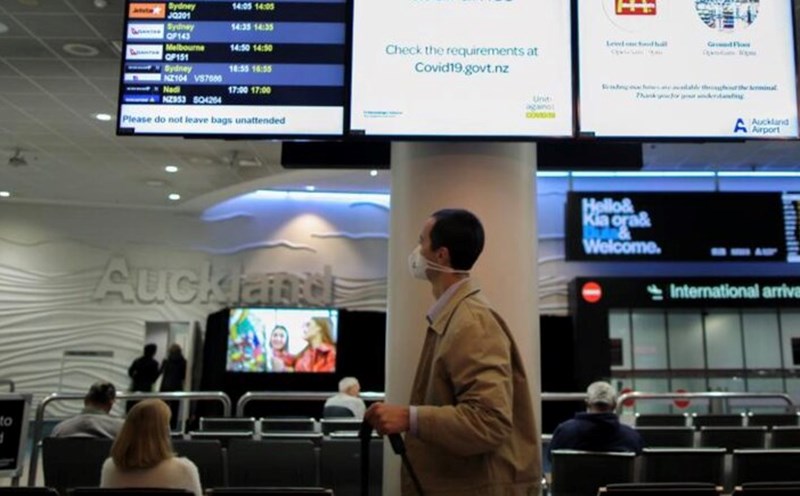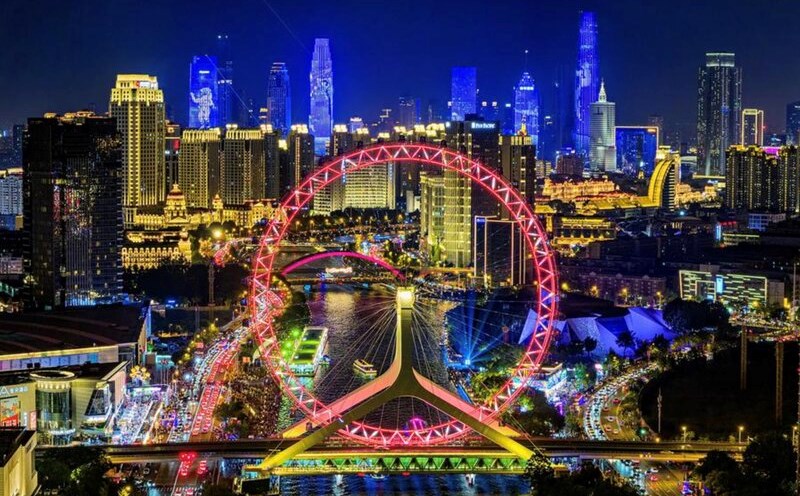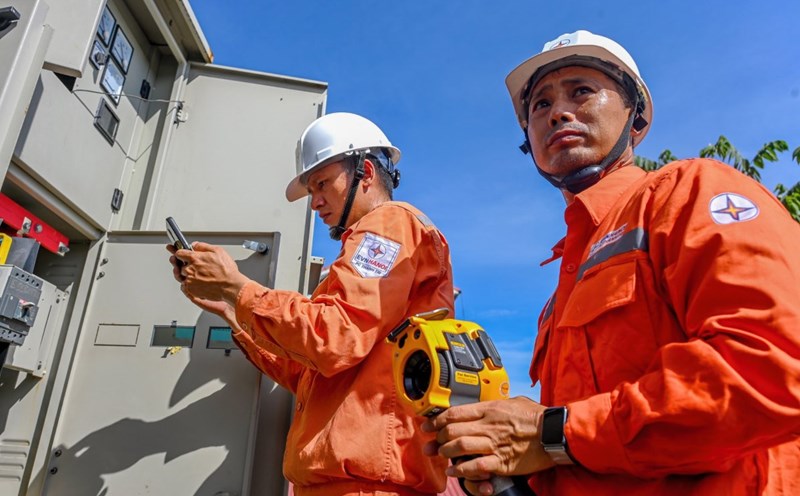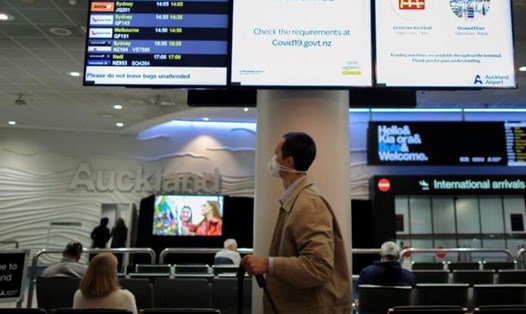China is preparing to operate a new Arctic transport route along the northern coast of Russia, aiming to directly connect Asia with Europe. This Northern route (NSR) runs through Russia's Arctic waters and is becoming more and more accessible due to melting ice.
The Istanbul Bridge container ship is scheduled to depart from the port of Ninh Ba - Chau Son, China on September 20, to Felixstowe, England, on an 18-day journey with the escort of an icebreaker.
This route is much faster than the traditional route: 40 days through the Suez Canal, 50 days around the Cape Hao Vong in Africa, or 25 days by railway across the Asian - European continent.
According to Mr. Malte Humpert of the Arctic Institute, this is the first area where climate change directly changes the geopolitical map. Although much of global trade still relies on corridors such as the Suez Canal, the Mediterranean and Singapore, the Arctic could soon become an alternative due to a shorter distance of 40% and less political instability. The risk of sabotage near the African Court or missile and drone attacks in the Red Sea further promotes this trend.
Russia has repeatedly called for international cooperation to develop the Arctic. President Vladimir Putin has set a goal of making the NSR the main axis of the Trans-Artic Transport Corridor, with goods reaching 70 - 100 million tons by the end of the decade. He pledged to ensure year-round operations by helping the nuclear icebreak fleet, expanding Murmansk port and building new ports.
Mr. Putin also emphasized the potential for oil, gas, metals and rare earth exploitation, and called for cooperation with China, India, the UAE and other partners. In parallel, Russia plans to expand to Arctic cities and develop tourism in the region.










